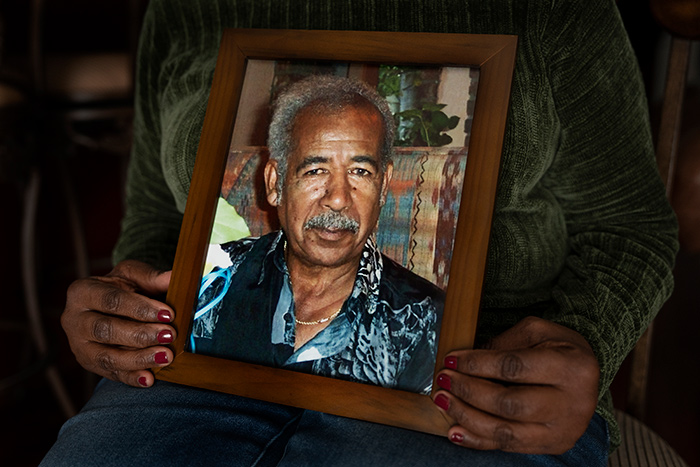2023 Hillman Prize for Magazine Journalism

Ava Kofman
Half of all Americans die in hospice, but most of us are not aware of the reality of the modern hospice industry. “Endgame” makes it hard to look away any longer. Packing deep reporting and data analysis into an arresting legal thriller, Kofman exposes the way easy money and lax regulation have transformed what began as a charity movement to improve care for dying people into a $22 billion juggernaut rife with exploitation.
Today, more than 70% of hospice providers are now “for-profit.” The notion that privatization automatically translates into efficiency and savings is shown, yet again, to be a con.
Some hospice firms bribe physicians to bring them new patients. Others enlist family and friends to act as make-believe clients or dupe people into the program by claiming that it’s free home health care, or they steal personal information to enroll “phantom patients.”
Because patients who enroll in hospice forgo curative care, hospice may in fact harm patients who aren’t actually dying. After being put in hospice without their knowledge, unwitting hospice recruits are denied chemotherapy treatment, kidney dialysis, mammograms, coverage for life-saving medications, or a place on the waiting list for a liver transplant. Early hospices ensured that people who were dying had access to physicians able to skillfully manage their pain and complex symptoms. It’s a cruel irony that many American hospice programs have now become barriers to dying patients even seeing physicians.

Photo of Carl Evans. Credit: Philip Salata
Kofman chronicles the frustrated efforts of hospice whistleblowers to hold their employers accountable for abuses and reconstructs the most consequential lawsuit the hospice industry has ever faced, revealing how the False Claims Act — the government’s “weapon of choice” for holding hospice operators accountable — is inefficient at best and a self-serving myth at worst.
She uncovers an alarming new network of for-profit hospices popping up across Nevada, Texas, Arizona, and California with 33 or more listed at a single address yet no one on the premises but a “virtual” employee who answers the doorbell from his laptop at home. These are “holding pens” to keep the hospices’ licenses viable with requisite physical addresses until demand can be drummed up.
Weeks after Endgame was published, bipartisan members of Congress sent a letter to the Department of Health and Human Services requesting the agency “immediately investigate this situation.” The senators decried the “troubling trend” of unfettered hospice growth and requested a briefing from the agencies about plans to “address the proliferation of fraudulent hospice providers.”
In New York, lawmakers and lobbyists cited the article in their efforts to ban the creation of new for-profit hospice providers in the state.
In December, HHS announced that curbing hospice abuse was among its top unimplemented recommendations. And the Government Accountability Office recently released a report asking that hospices be required to report observations of abuse and neglect, regardless of whether the alleged perpetrator works at the hospice.
In January, industry leaders from both for-profit and nonprofit groups banded together to push for an unprecedented level of oversight. The four largest national hospice lobbying associations sent regulators a detailed memo of policy reforms that directly address the alarming business practices outlined by the investigation.
Kofman also published a guide for researching providers to help empower more families to demand the humane, essential care that the founder of the hospice movement, Cicely Saunders, envisioned for the dying.
Ava Kofman is an investigative reporter at ProPublica. She joined the newsroom in January 2019, after working as a contributing writer at The Intercept, where she covered technology. Her reporting and essays have also appeared in The New Yorker, The New York Times M agazine, Harper’s Magazine and Bookforum, among other publications. In 2020, she reported with colleagues on toxic air pollution across the United States. Their award-winning investigation into America’s “Sacrifice Zones” was credited with helping spur ref orms.

